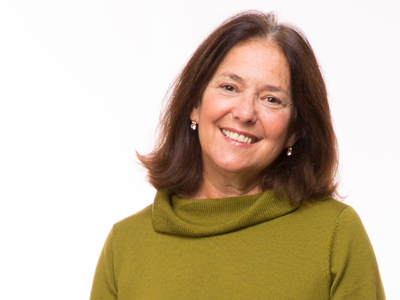
In May 2016, Elmhurst College graduated a fresh new crop of early childhood education and special education teacher candidates.
By the time the doors opened on a new school year this fall, every one of those graduates was employed.
“Elmhurst’s 100 percent placement rate is very impressive,” says Brad Voehringer, superintendent of Morton Grove District 70. “Elmhurst students tend to be strong candidates for teaching jobs, because they get a solid foundation, good practical experience and plenty of support.”
Katie Sullivan ’16, who found a job as a special education transition teacher at West Chicago Community High School before graduation, attributes her success in large part to the College’s emphasis on real-world experience.
“Education students at Elmhurst start doing field work and observations as sophomores, which is earlier than at most schools,” she notes. “So you get both experience and connections right away. In job interviews I felt very well prepared because of the experience I’d had.”
Linda Dauksas, director of the early childhood education and special education programs, agrees. “We have a very rigorous program,” she says. “Our students work hard, and they’re out there in the field solving problems all the time. That helps them to be more confident candidates.”
Dauksas notes that early childhood education candidates at Elmhurst have an additional edge in the job market—they’re required to earn a special education letter of approval and an English as a Second Language (ESL) endorsement as part of their coursework.
“That ESL endorsement is really the ticket,” she says. “Districts have to hire teachers with that endorsement, so those students are going to get a job.”
For Dawn Smith ’16, an early childhood education major at Elmhurst, it was the special education letter of approval that set her apart in the job market.
“I wasn’t interested in doing special education, but I’m super thankful for it now,” she says. “I loved my early childhood special education placement, and having the opportunity to teach young children with autism definitely made me stand out from other candidates.”
Today, Smith is teaching preschool in Elgin in a program for at-risk children called More at 4. “When I interviewed, they told me they had a lot of applications and it would be a couple of weeks before I would hear,” Smith recalls. “That was on a Friday. Then they called me on Tuesday and offered me the job.”